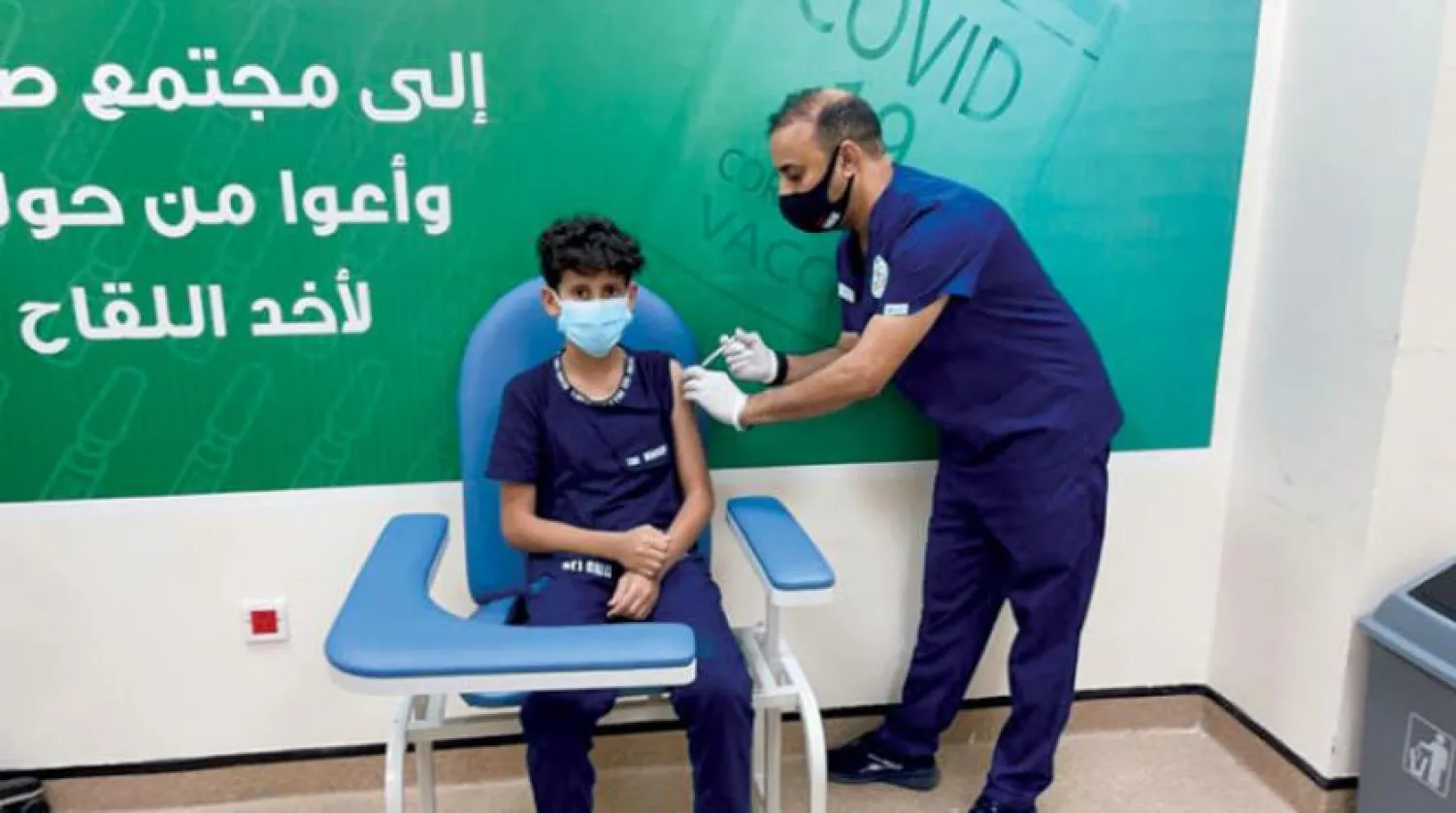Saudi Arabia has fully vaccinated 50 percent of its population against the coronavirus, inching closer towards reaching herd immunity.
Some 17.5 million people have received two doses of the vaccine, with the Kingdom administering 40.62 million shots. Around 23.02 million people have received at least one dose.
Citizens and residents can register for vaccination appointments through several applications launched by the government to facilitate the process.
Saudi Arabia recorded Sunday 70 new COVID-19 cases, bringing the total number of active cases to 2,357, with 343 patients in critical care, the Ministry of Health said.
There were 81 new recoveries, bringing the total to 535,531, and five people have died, raising the toll to 8,661.
Experts expect Saudi Arabia to reach herd immunity in October, after calculating the number of vaccines administered daily, which is more than 250,000 doses per day.
Saudi Arabia continues to support and commit to international treaties and agreements to contain the effects of the pandemic, namely the Agreement on Trade Aspects of Intellectual Property Rights (TRIPS).
It has committed to providing $1 billion in support of international initiatives related to confronting COVID-19.
Riyadh has announced its support for joint international efforts through the COVID-19 Technologies Access Pool (CTAP) initiative, adopted by the World Health Organization and multiple countries to share knowledge, intellectual property, and data.
The initiative allows manufacturers with untapped capacity to produce COVID-19 health products by giving them the legal rights to manufacture and sell the products, the technological know-how required to develop high-quality products effectively and efficiently, and access to clinical data to obtain regulatory approval for their products.
It has also called on countries to take responsibility for overcoming the pandemic by making vaccines available and affordable to everyone. It urged facilitating the transfer of technology to countries wishing to manufacture it.
Moreover, Saudi Arabia has pledged $500 million to relevant international organizations to support global efforts in combatting the COVID-19 pandemic.
The pledge will support emergency and preparedness response, develop and deploy new diagnostics, therapeutics, and vaccines, fulfill unmet international surveillance and coordination needs, and ensure sufficient personal protective equipment for health workers.
The Kingdom has allocated $150 million to the Coalition for Epidemic Preparedness and Innovation (CEPI), $150 million to the Global Alliance for Vaccines and Immunizations (GAVI), and $200 million to other international and regional health organizations and programs.









